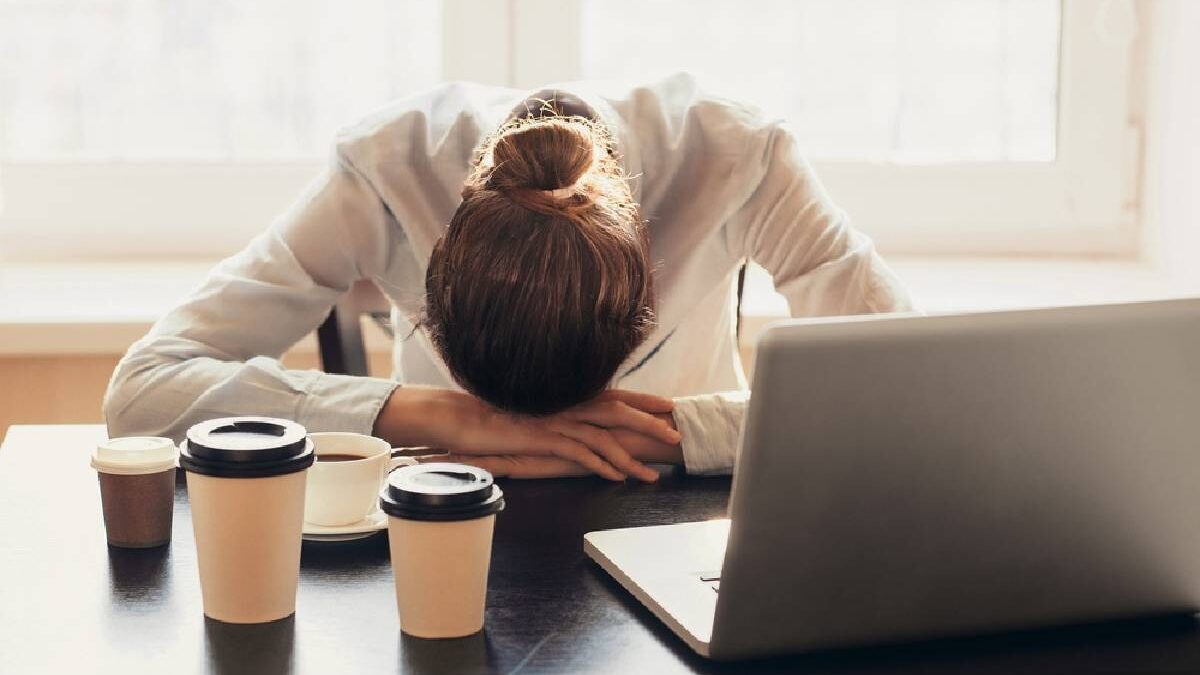Table of Contents
Fatigue After Eating
Fatigue after eating can be more related to our stress and food intolerances than to physical fatigue.
Don’t confuse fatigue with overeating
- If you experience fatigue or tiredness after eating food, it can signify certain diseases such as diabetes or allergies.
- Often, a person feels after eating is also dependent on the type of food consumed and the amount consumed at a certain point in time.
- For example, if you eat many processed foods, this can lead to fatigue after eating. The cause of this is due to excess consumption of carbohydrates and sugar in these foods.
What are the causes of fatigue after eating?
The causes of fatigue due to food consumption can vary depending on what diseases you suffer from and what lifestyle you take. However, the most common reasons are as follows.
Diabetes:
- The body produces insulin to a greater or lesser degree. If the body produces less insulin, blood sugar levels lead to extreme fatigue.
- Insulin is generally releasing after eating. If half the sugar level rises after consuming food, this can lead to feeling tired and sleepy.
Irritable bowel syndrome and stress :
- Stress is linked to irritable bowel syndrome, which can affect the proper digestion of food and alter the absorption of nutrients.
- And they were slowing down the digestive process, after which the exhausted state is present after eating.
Quantity of food :
- The only safe and nutritious food is to be consumed, even in small amounts at a time.
- That helps increase energy levels in the body. If the food contains fewer nutrients consumed in large portions, it makes the body tired after eating.
Meals:
- The inclination towards certain types of foods can cause extreme fatigue after eating.
- If foods have less nutritional value and are processed and full of carbohydrates, the body gets tired after eating. It puts more work on the digestive system, leading to excessive fatigue.
Allergies and food sensitivities :
- Some of the ingredients in food can cause allergies in the body in some people. If certain foods to which you are sensitive or intolerant, the immune system eliminates the allergic effects.
- This work subtracts energy from the body, which could be fully used in the digestion of food, resulting in fatigue and even feeling dizzy and listless after eating.
How to avoid fatigue after eating?
Preventive measures to avoid fatigue after eating are many, and they can be used from changes inhabits.
The position you eat, schedules, emotional changes, new diet and food changes, and more. Now are some ways that you can stop it.
Treat blood sugar levels :
- If you have been diagnosed with diabetes, it is essential to consult a doctor, especially to take necessary to maintain normal blood sugar levels.
- When the body produces enough insulin, glucose is burning for energy. It leads to feeling less tired.
Eat the right portions:
- Eating healthy and nutritious foods at proper intervals can help the body maintain energy and avoid fatigue.
- Healthy foods can be eating in small amounts at specific intervals throughout the day.
Eat nutritious foods:
- Eat foods with a good amount of vitamins, proteins, minerals, and other nutrients to keep you healthy and contribute to energy. Certain foods can cause digestive delay and fatigue.
- Generally, in people who suffer from allergies and intolerances, the most common are gluten, beans and legumes, lactose, fructose, refined sugar, artificial sweeteners.
- A good measure to take is to consult with a specialist to identify what type of foods you have an allergy and intolerance to, and based on this fact.
- Consider a radical change in diet and do tests with your own body to get a list of foods that fit your good mood, relieve you of tiredness and fatigue, and improve your overall health.



